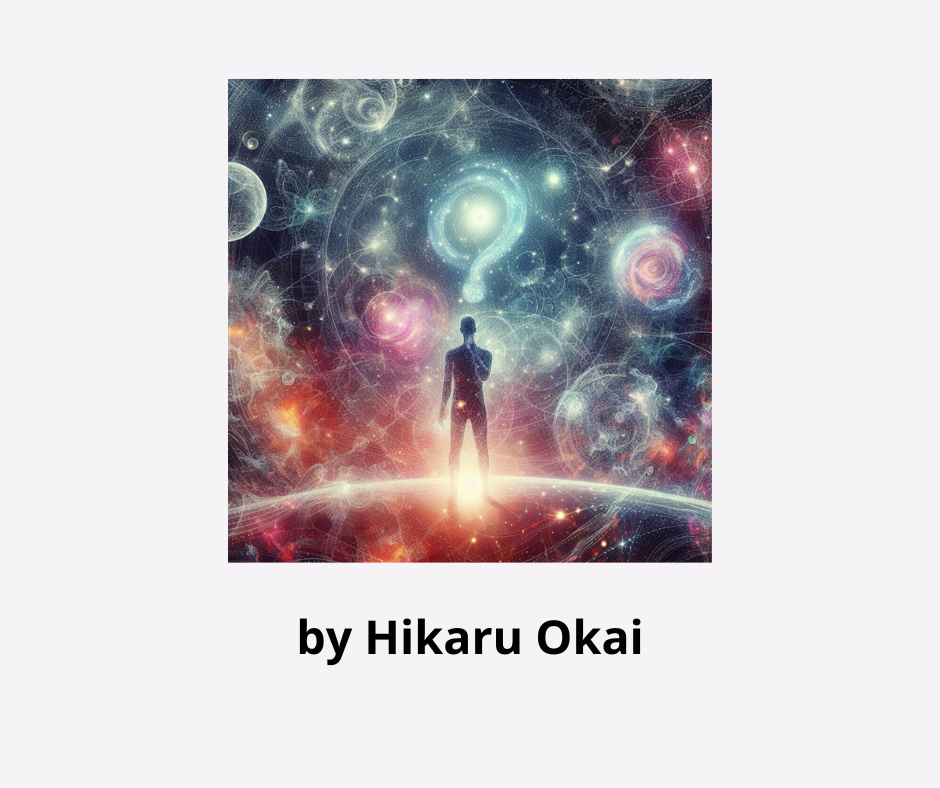 Widok zawartości stron
Widok zawartości stron
 Widok zawartości stron
Widok zawartości stron
 Widok zawartości stron
Widok zawartości stron
Is the universe really nothing without us?

Is the universe really nothing without us?
How can we read the text using the notion of co-production (in Jasanoffian terms)?
I think the universe is nothing without us. It is because it can be “the universe” only when it has the observers, or the people who “interpret” it.
We used to think that the best way to interpret the universe is showing its presence as a date or a figure, which means that you can explain the universe by using the formulas created in the mathematical, physical, that is, scientific field.
However, Adam Frank, the author of the text, got the feeling that sometimes these formulas are far from the reality and noticed that something unseen lies at the heart of science that also makes it work: direct experience[1]. In other words, he points out that science practices (here, I would say the “objective” way to interpret the universe) have been created based on our daily practices. Because it is practical and differs from person to person, the experience or its interpretation is subjective. And that’s why a scientific field has “blind spots” where the observers “ignore[2]” or don’t pay attention. He insists the blind spot is not really a problem with science but a problem with a philosophy about science.
Therefore, we should think about the science not only as an “objective” tool but also as a fruit of the knowledge based on our “subjective” point of view.
At this point, we need to the place where we can tackle the problem(of the universe) from both of science and philosophical sides. And, that is precisely what Jasanoff points out. He suggests the indispensability of an interdisciplinary space using the case of global environmental constitutionalism. He also realizes the friction between national legal development (directly connected to our practical life) and the prospects for a meaningful global constitutionalism based on science. Although their approach to the topic is different, both writers notice some contradictions between practice in real life and science or technology. Sometimes, Jasanoff says, laws interrupt the science approach to the problem. Of course, it doesn’t mean that we should joyfully embrace scientific progress without any hesitation. We should judge it from moral perspective.
Quoting to his words, more importance is that to create a common administrative framework for dealing with uncertainty, and to include within that framework multiple viewpoints and attitudes toward safeguarding the future.
Text written by Hikaru Okai
[1] Quoted from the text: We Need a New Philosophy of Science - The Atlantic.pdf
[2] Agnotology is now getting a hot topic. This is focusing on the subjective presence, or what makes us ignorance. I’ve read the book written by Solomon(2020), about the ignorance construction using the case of Asperger patients.
